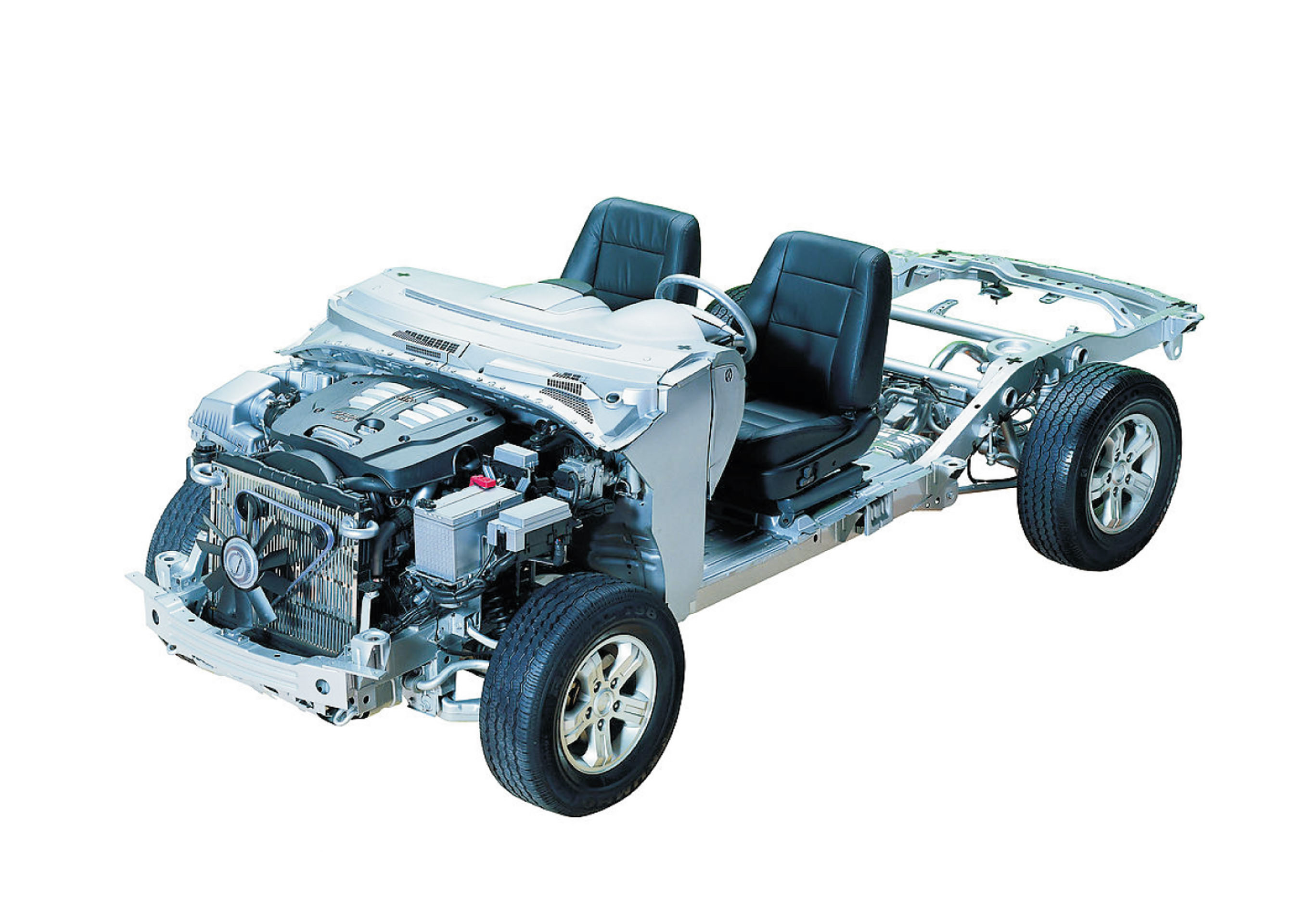

Zhuochuang information plastic network 2018-05-10 15:27:39
With the rapid development of the national economy and the further expansion of the market capacity of modified plastics products, as well as the support of government departments at all levels to the development of modified plastics industry, the modified plastics industry will gain better development opportunities. At present, the development of Chinas modified plastics industry presents the following trend:

(1) high performance of engineering plastics
With the booming development of domestic automobile, electric electronics, communication and machinery industries, it has put forward higher performance requirements for engineering plastics such as polycarbonate (PC), polyamide (PA), polyester (PBT, PET), polyphenyl ether (PPO), etc.The plastic used for chip pallets is required to resist flexure and static electricity.Plastic for electronic connector requires high flame retardant, heat resistant, high flow;The plastic used as mechanical gear requires wear-resistant, high rigidity, high dimensional stability, etc. Engineering plastics can improve various mechanical and physical properties through modification, so as to meet the high performance requirements of downstream industries for engineering plastics.
(2) general plastic engineering
General plastics can be modified to improve the performance, with engineering characteristics, and can seize part of the market share of traditional engineering plastics.Although new varieties of engineering plastics are increasing and their application fields are expanding, the market price of engineering plastics is 3-4 times that of general plastics, and its output is lower than that of general plastics.With the development of modification equipment and the progress of modification technology, general plastics such as PP and ABS can improve the strength and heat resistance of some engineering plastics through modification. However, the price is significantly lower than that of engineering plastics, so they can seize the market share of some traditional engineering plastics.
(3) the application field of modified plastics is gradually expanded
With the improvement of the scientific research level, modification technology to achieve further development, the level of modified plastics features such as flameretardant, weather &corrosion alloying, gradually expand the application fields, such as rigid PVC instead of wood materials can be widely used in construction, packaging, furniture, and other fields, the Italian Latis. P - A company developed A series of new type of high hardness of the composite material can be recycled, and can instead of aluminum alloy.
(4) application of nanotechnology in the industry of modified plastics
Nanotechnology is a new technology developed in the 1990s. Nano-modified plastics have many unique properties. For example, 5% organic montmorillonite modified nylon (PA6) can increase its thermal deformation temperature by 1.5 times.The addition of nano clay in polyester can greatly reduce the gas permeability of the material, which is 100 times smaller than that of pure PET.Nano plastic small for the amount of inorganic nanoparticles (average is 2% - 5%), only for inorganic filler usually modified when the addition amount of 10%, and the same or similar density and density of the original resin composite material, so will not increase by more density downstream plastic processing factory production cost, and no other performance degradation caused by excessive packing ills.Due to the small size of nanoparticles, the plastic modified by nanometer technology will hardly break and break when it is formed, processed and recycled with good recyclability.
(5) low cost of special engineering plastics
Under the condition of more than 1500 degrees can use for a long time of plastic known as the special engineering plastics, such as PPS (PPS), polyimide (PIM), polyether ether ketone (PEEK) and polysulfone (PSU), because it has good performance, high temperature and stable dimension features such as (part of the special engineering plastics also has the very good flame retardancy, radiation resistance, chemical resistance and mechanical properties), has been more and more widely used in electronic appliances, instrumentation, home appliance, automotive, aviation, petrochemical industry, coating industry and the rockets, aerospace, and other areas of the cutting-edge technology, its market price generally for several times the price of general engineering plastics,After the modification of special engineering plastics, it can keep its original high performance and lower the price, which can be widely used in civil products.
(6) environmental protection requirements for modified plastics products have become increasingly stringent
Day by day strengthens along with the global environmental protection consciousness, consumers are increasingly demanding for plastic products of flame retardant, halogen free, low smoke, low toxicity, environmental protection has become more and more widely requires the use of flame retardant, the current domestic plastics modified with nearly 80% for containing halogen flame retardant, flame retardant containing halogen flame retardant main ingredients for bromine biphenyl ether and polybrominated biphenyl type, for export of electrical products in China is 70% - 70% with this kind of flame retardant, bromine and antimony in the pyrolysis and combustion flame retardant system will generate a lot of smoke and corrosive gas.
In recent years, some eu countries think bromine flame retardants combustion would produce toxic carcinogens, in February 2003, the European Union RoHS and WEEE two environmental ban, some multinationals such as SONY, apple, HP also successively put forward its own environmental standards, in addition to the limit halogen compounds, also for lead, cadmium, mercury, hexavalent chromium and other heavy metals limited controls.
Address: Building 2, No.66 Feidu Rd, Nanhui New Town, Pudong New District, Shanghai, China
Phone: 021-68256865
Fax: 021-68256255

© 2009-2022 ZhongLei New Material Science Co.,Ltd Copyright Shanghai ICP 18046883Number-1